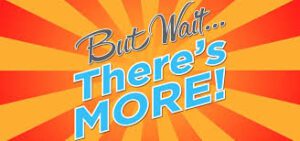HOOP GAMES
Dancing Poodles
A “HOOP GAME” refers to a game improvisers play where the main purpose is to prove how clever the improvisers are. The name, ‘HOOP GAME” comes from the idea of dancing poodles in their tutus jumping through hoops in a circus, cleverly entertaining the audience with slightly demeaning, rehearsed technical tricks
Hoop games are OK… in the same way that sugar coated cereal is in the morning. Once in a while it MIGHT be fun but if you replace substance with fluff and empty offerings too often, you’re going to make yourself (and your audience) sick

Examples
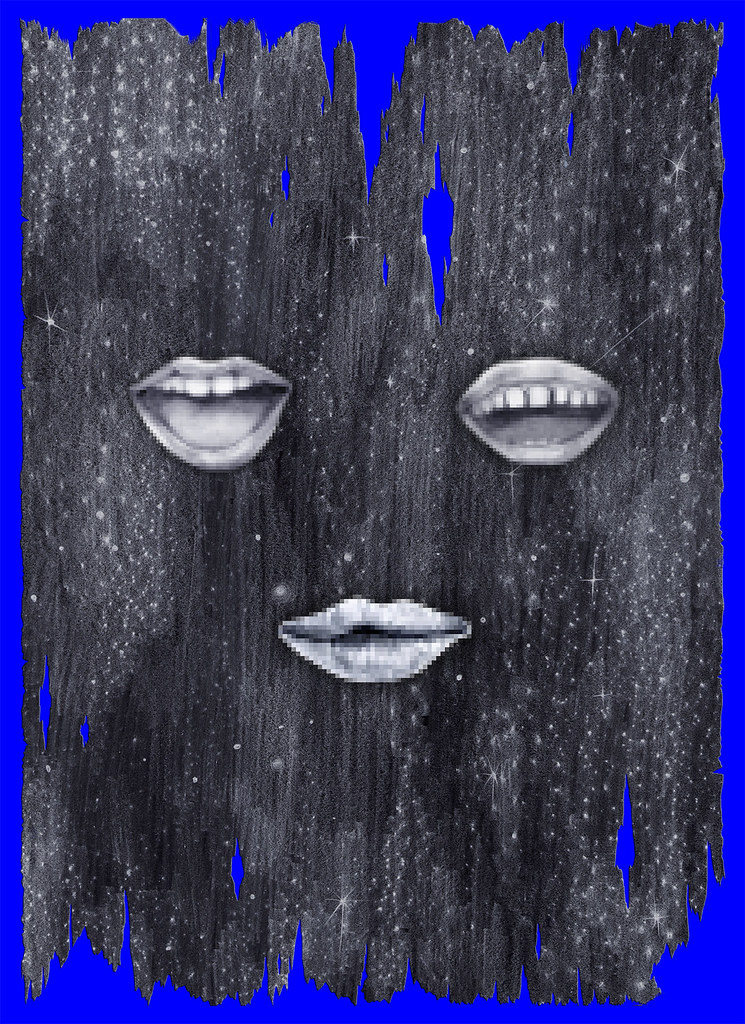
Everyone Dubbing Everyone
Dubbing games (where one person supplies another person’s voice) have some practical uses. But one version where three or four (or more) people all dub for different people is a hoop game that many improvisers swear by but rarely result in scene work that audiences engage with.

Half-Life/
Scene reduction
Do a scene. Repeat it in half the time. Do it again in half that time… and again.
This game can pick up the energy in a show but you wouldn’t want to see it performance after performance.

Sideway scene
A nice physical variation in the show with people laying down on the stage to change perspective. Do it once and leave it for a few months.
FOUR SQUARE
Here’s one of those Hoop games that evolved from a game with some merit into an activity that always ends in confusion and chaos.
4 players stand in a square alternating scenes with a different person as the square rotates in either direction, switch sides, and cross corners. Improvisers wanted to make it more “CHALLENGING” by adding the movement variations. Why? To put the poodles through the impossible challenge.
I’ve reversed the challenge in favour of better stories and a director’s challenge. Make it a TRIANGLE (3 players). Rotate in one direction with the person at the back of the triangle calling for the switch (rotation). Create 3 stories or one story that combines the three. Simplify. Aim for Elegance, not stupidity.
To Hoop... Or not to Hoop?!?!?
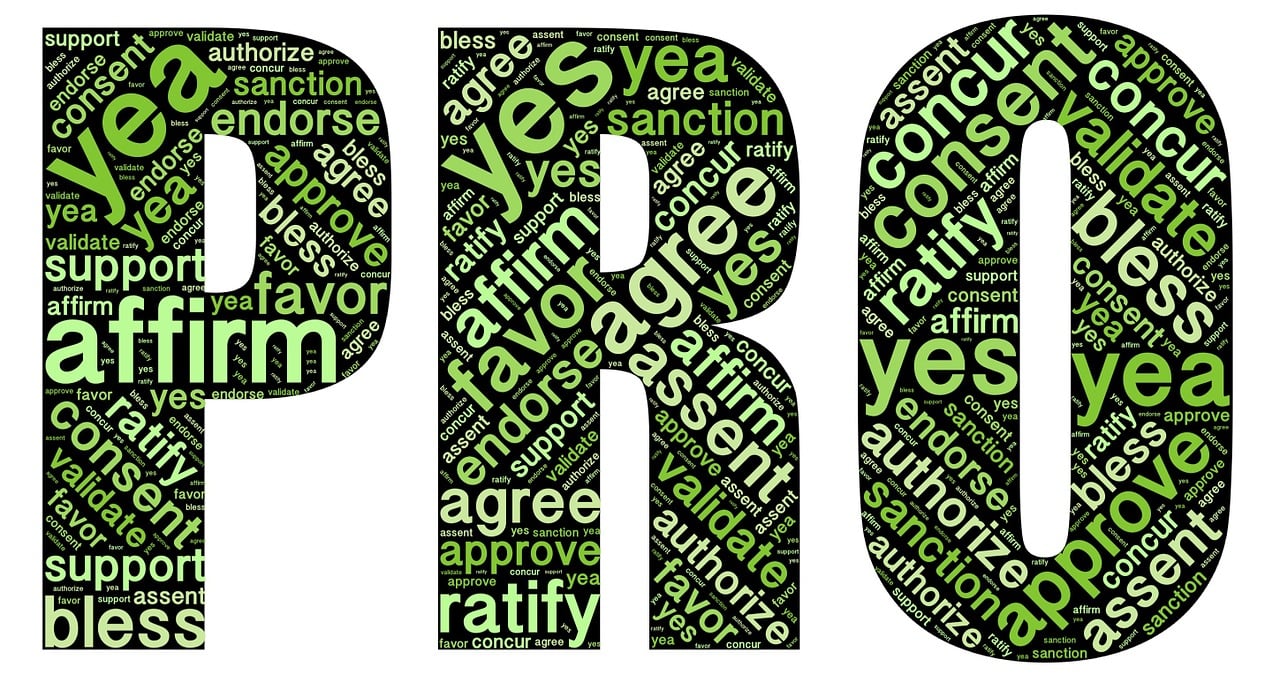
+
- A good hoop game can re-energize a tired cast and lackluster show
- It can add variety when the show has all been “SAME SAME”
- It can be a useful tone changer when you want to move away from a tough topic
- It can engage an audience that might have lost their focus
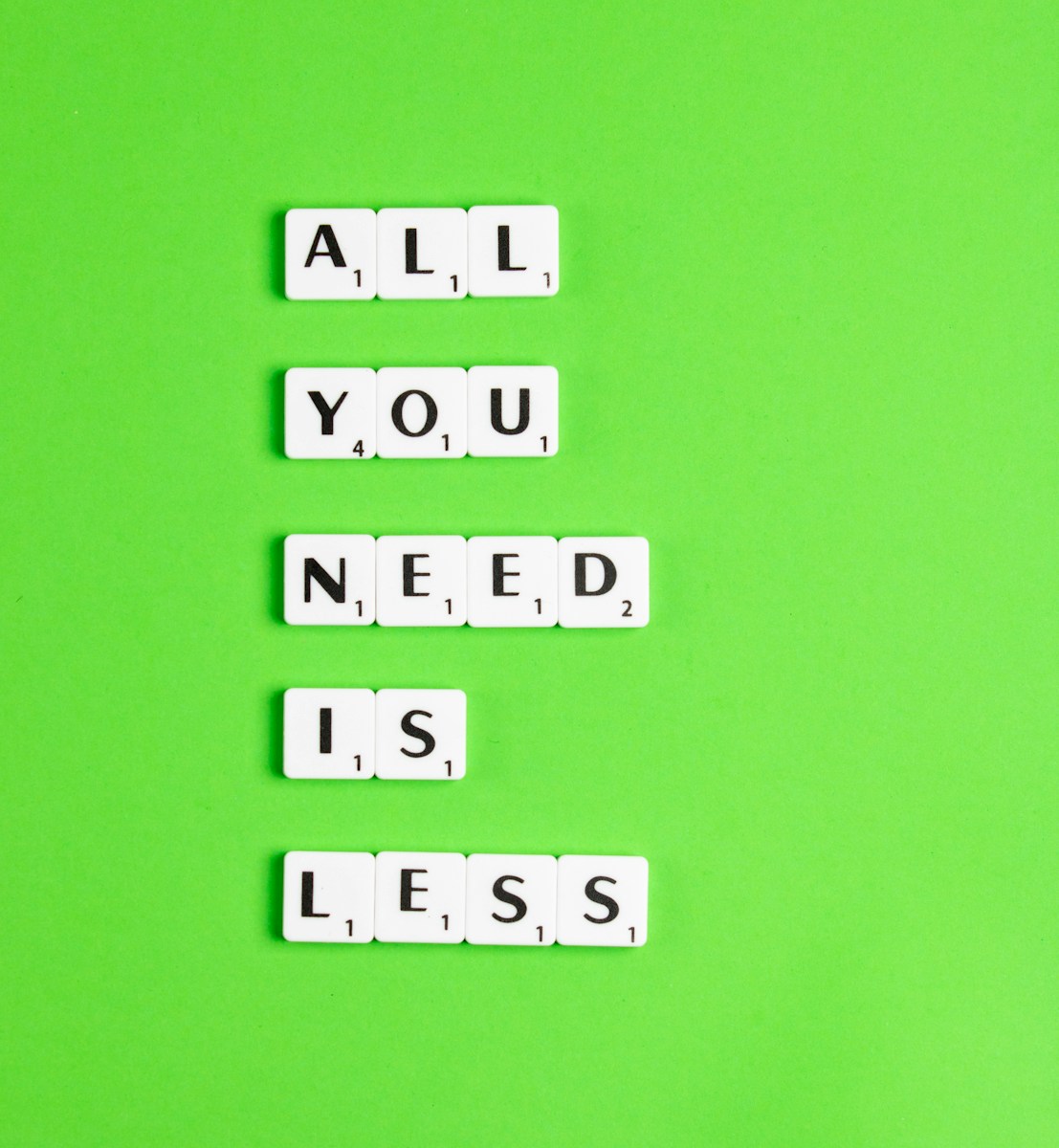
Change the Game
Not all hoop games are created equally. Small changes can give value, and substance.to a hoop game.
.
When I saw the 4-Square game (mentioned above) played with multiple variations and confusing rules I wanted to hate it but something under the surfaced yelled, “there’s more to this game”
.
I simplified the structure to three players. I gave some control back to the players and now use it on a regular basis to help players find the story, the play, the inspiration, and to help their partners in scenes.

Play in Moderation
To be clear, I’m not against the occasional hoop game. I simply want people to understand that they can be used in a playful and reasonable way to add variety to a good show.
Overuse them and they will have negative impacts on your shows and your skills. Use them sparingly to create variation and your audience and players will have a great time with the variety and playfulness.
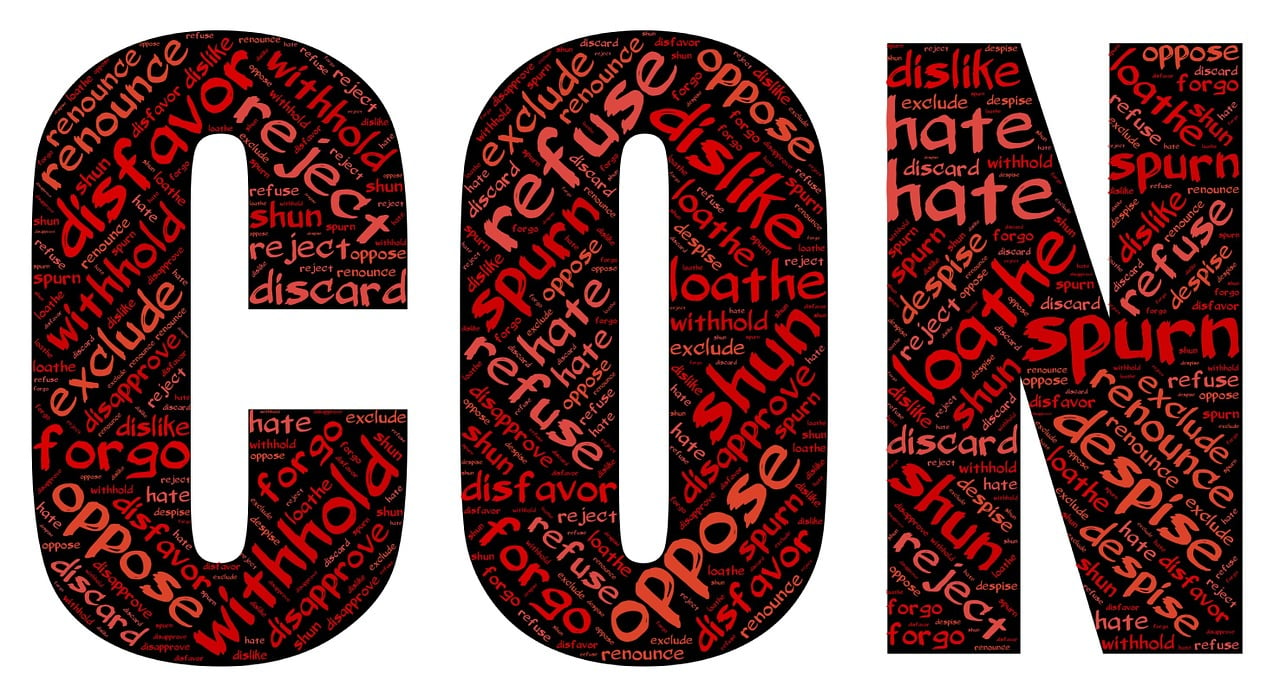
-
- Hoop games can trick you into thinking you are doing good work when you are just performing superficial tasks
- The audience will get bored if that’s all they see you do
- You may develop bad habits and find it more difficult to take real risks
- You will get bored
